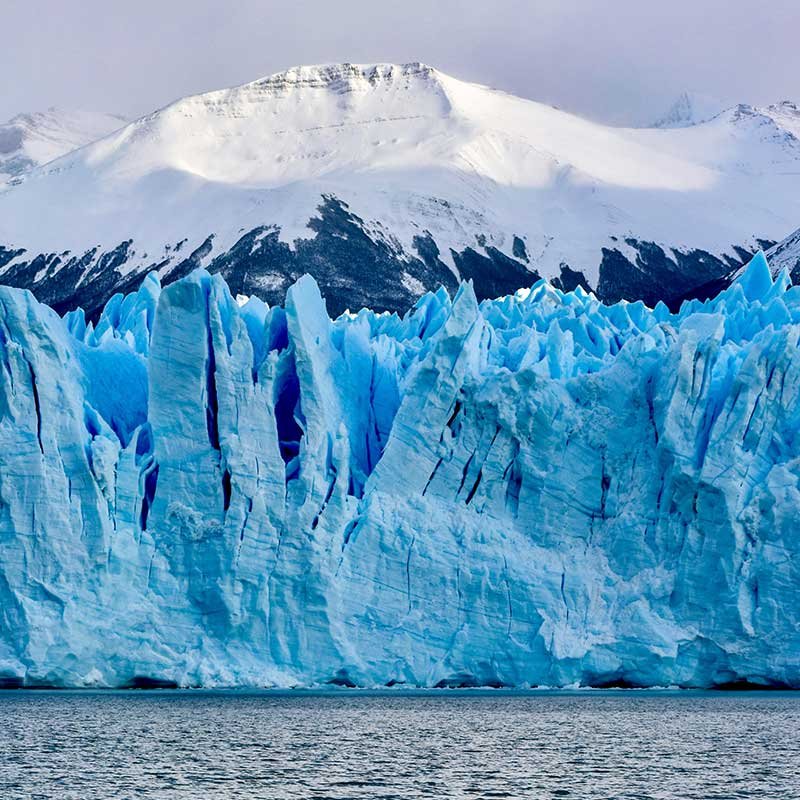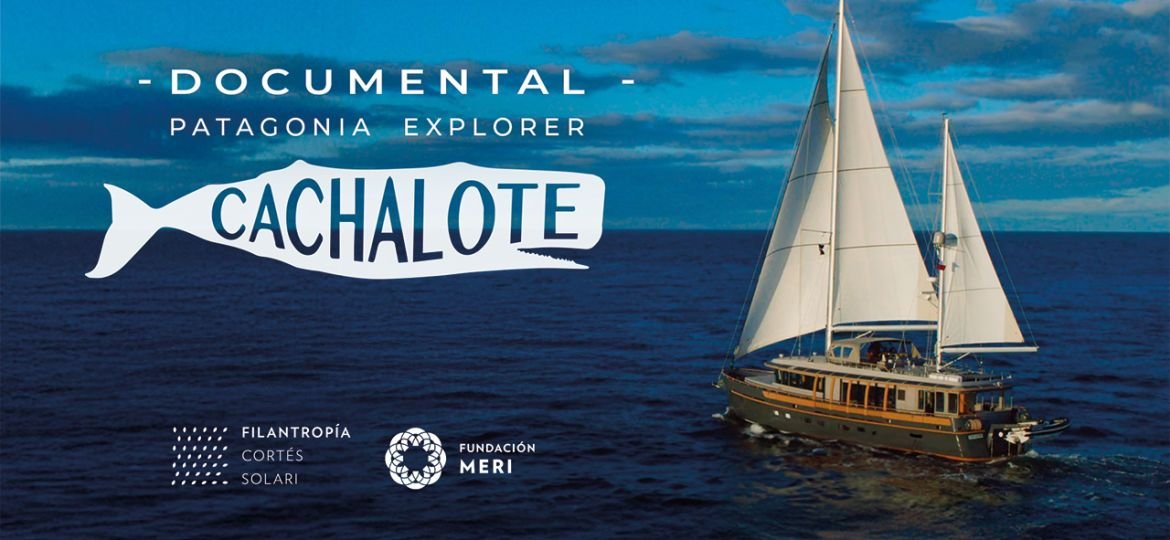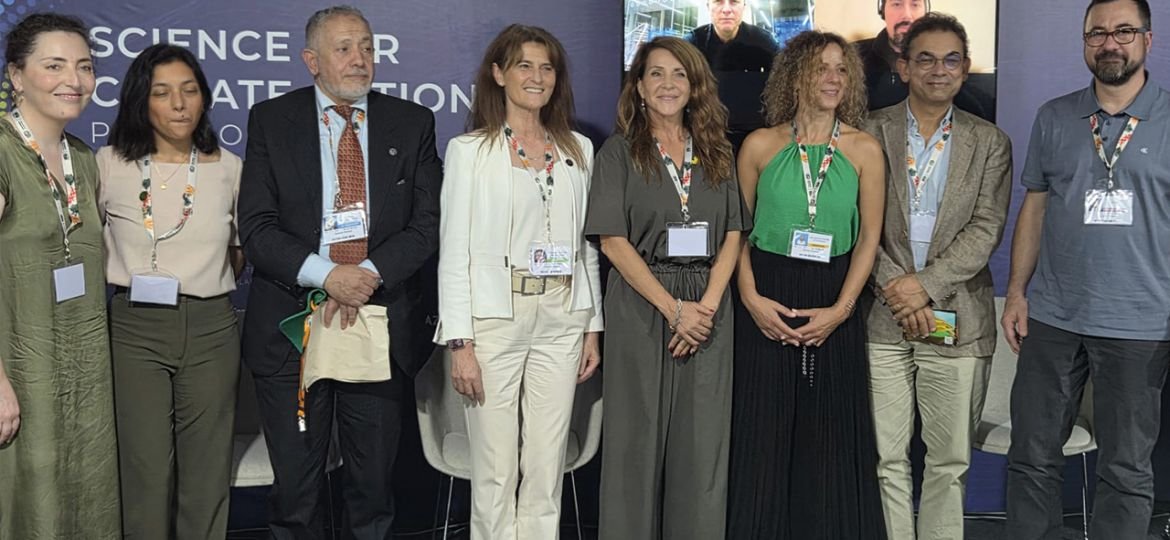COP26 is the most important scientific and environmental event in recent years. From October 31 to November 11 in Glasgow, Scotland, 120 world leaders and nearly 20,000 attendees will discuss global political and environmental issues in search of solutions to the current climate crisis.
The planet is in “code red.” The latest emissions gap report from the UN Environment Programme claims that current climate plans will only reduce CO2 emissions by 7.5% by 2030. This is worrying because in order to not exceed 1.5ºC of global warming, the same study says that a reduction of at least 55% of these harmful emissions is needed by the end of this decade.
This is in addition to the latest IPCC report that foresees complex climate scenarios if measures are not adopted to face the climate emergency.
These are some of the issues that will be addressed at the next edition of the United Nations Annual Conference on Climate Change in Glasgow, making it a key and fundamental meeting.
In fact, the last COP25, led by our country, did not have a positive evaluation. “I am disappointed with the results of #COP25. The international community lost an important opportunity to show increased ambition on mitigation, adaptation, & finance to tackle the climate crisis,” said UN Secretary-General Antonio Guterres on social media.
Chile, Carbon Neutrality and Challenges
COP26 will be attended by more than 20,000 representatives from the academic, scientific, political, and environmental worlds.
One of its objectives will be to reach agreements to drastically reduce greenhouse gas emissions and favor mitigation solutions, particularly those linked to blue carbon, whether natural or artificial.
Chile became the first country in Latin America to present its strategic plan to achieve carbon neutrality by 2050, in a document containing more than 407 measures.
This ambitious goal will be presented in the “Science Pavilion” at COP26.
Other topics that will be discussed in the pavilion include: Finance; Energy; Youth Leadership; Nature-Based Solutions; Adaptation; Gender; Science and Innovation; Transportation; and Cities, Regions, and Built Environments.
Representatives from Chile and all over the world will share this pavilion. One of them will be MERI Foundation.
“This COP is essential in light of the latest IPCC report, which reminds us that the damage is irreversible without urgent and drastic measures. The call is for the economy to dialogue with the environment and advance in investments for carbon neutrality,” said Patricia Morales, CEO of Filantropía Cortés Solari.
Meri has also stood out for its participation in the pre-COP, in the Monaco Workshop “The Importance of the Oceans,” where it chaired one of the tables, and especially for its project “The Blue Boat Initiative.” This initiative seeks to save whales, which are a great source of mitigation for blue carbon, and in turn one of the best alternatives to end global warming.
These experienced organizations will seek to demonstrate the urgency of the climate crisis in the face of the most important environmental challenge in human history.
Source: Futuro 360





